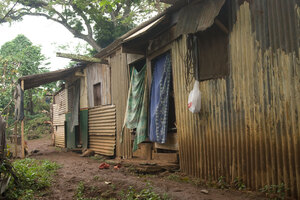[Originally published in slightly different form in the Vanuatu Daily Post’s Weekender Edition.]
NOTE: Two days after this article was published, the Daily Post front page story is of a 25 year old woman who was picked up in town by her common-law partner, taken home and beaten over the head with a piece of firewood. The man then proceeded to inflict knife wounds on her feet before severing her right arm close to the elbow and cutting her left hand so badly that only the thumb remained intact. It unimaginable that her neighbours didn’t hear her screams. The assailant was arrested 2 hours after these events took place.
When president Kalkot Mataskelekele announced that he would refer the Family Protection Act to the Supreme Court, he undertook a perilous task.
The Act, which has been crawling its way through the legislative process for nearly a decade, was passed in the final session of Parliament before elections later this year. Now, the president’s desire to ensure the constitutionality of the Act might have the unintended consequence of killing it outright.
It may be that if the Supreme Court responds with anything less than unequivocal affirmation of the Act’s constitutionality, they will leave it in legal limbo. Even the tiniest change would force it to be reintroduced as new legislation when the new Parliament is convened. This leaves the justices caught between the devil and the deep blue sea: Their only options, effectively, are to strike it down outright or accept it in its entirety.

